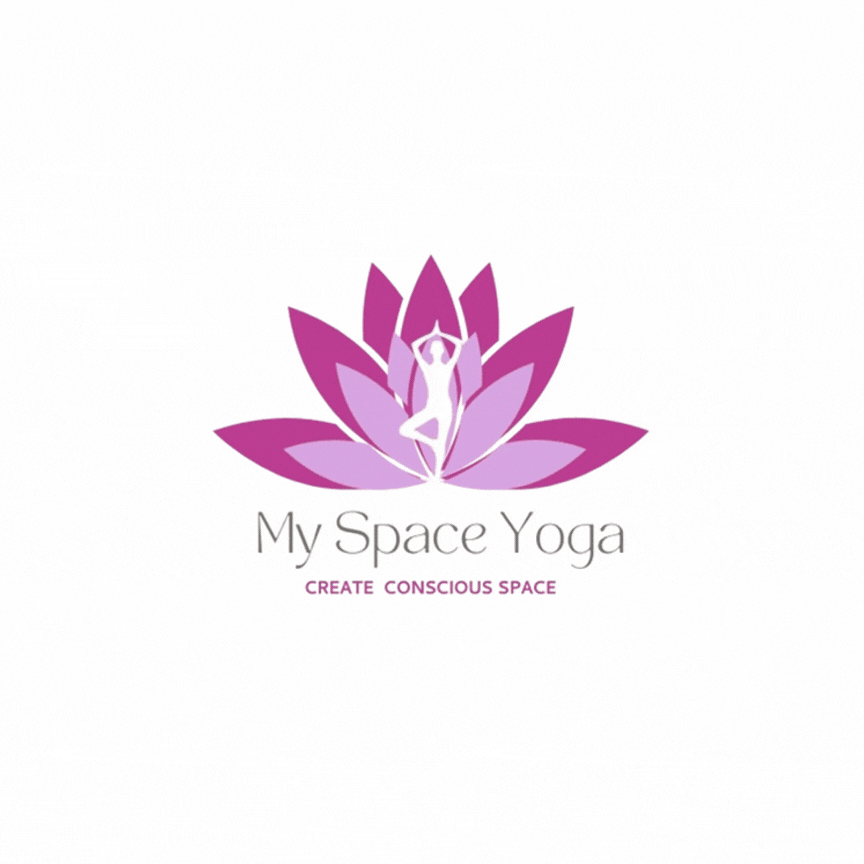The Transformative Power of Yoga for Stress Reduction and Mental Clarity
Understanding Stress and Mental Clarity
Stress has become an unavoidable part of modern life, affecting both mental and physical health. Chronic stress leads to anxiety, fatigue, and a range of health issues, while mental clarity is crucial for focus, decision-making, and emotional well-being. Yoga, a practice that integrates movement, breathwork, and mindfulness, is a proven tool for reducing stress and enhancing cognitive function.
How Yoga Reduces Stress
Yoga influences the autonomic nervous system, shifting the body from the fight-or-flight response to a more relaxed, parasympathetic state. Through breath control, mindful movement, and meditation, yoga helps lower cortisol levels and activate the relaxation response.
- Breathwork (Pranayama): Conscious breathing techniques such as Nadi Shodhana (Alternate Nostril Breathing) and Ujjayi (Victorious Breath) calm the nervous system and reduce stress hormone production.
- Mindful Movement: Gentle yoga sequences, including Hatha Yoga and Yin Yoga, encourage slow, deliberate movements that release muscular tension and soothe the mind.
- Meditation and Mindfulness: Incorporating meditation into yoga, such as in Yoga Nidra or Loving-Kindness Meditation, allows the mind to shift from a state of worry to deep relaxation and self-awareness.
Yoga’s Impact on Mental Clarity
Mental clarity is essential for productivity, creativity, and problem-solving. Yoga sharpens cognitive function by improving focus, reducing mental clutter, and enhancing self-awareness.
- Increased Blood Flow to the Brain: Inversions like Downward Dog (Adho Mukha Svanasana) and Headstand (Sirsasana) promote circulation, delivering oxygen-rich blood to the brain for enhanced cognitive performance.
- Enhanced Neuroplasticity: Regular yoga practice has been shown to support the brain’s adaptability, improving memory retention and learning capacity.
- Reduction in Mental Fatigue: Stress and overstimulation can cloud judgment and deplete energy. Yoga helps clear mental fog by promoting relaxation and improving sleep quality.
Long-Term Benefits of Yoga for Stress and Mental Clarity
- Reduced Anxiety and Depression: Studies have shown that yoga lowers levels of anxiety and depressive symptoms, providing a natural way to boost mood and emotional resilience.
- Improved Sleep Quality: Yoga, particularly restorative poses and breathwork, helps regulate sleep cycles, leading to deeper, more restorative rest.
- Stronger Emotional Regulation: Through mindfulness and breath control, yoga practitioners develop better emotional awareness and resilience.
- Increased Productivity and Creativity: A calm, focused mind leads to greater efficiency and creative problem-solving abilities.
- Better Stress Management: By learning to control physiological responses, individuals can handle stressful situations with more composure and balance.
Practical Tips to Use Yoga for Stress Reduction and Mental Clarity
- Practice Yoga Regularly: Even 10-15 minutes a day can lead to noticeable improvements in stress levels and focus.
- Prioritize Breathwork: Breathing exercises can be done anytime to instantly reduce stress and regain mental clarity.
- Incorporate Meditation: A few minutes of mindfulness meditation after yoga can reinforce its cognitive benefits.
- Stay Present: Engage in each movement and breath fully to maximize the mind-body connection.
- Create a Peaceful Environment: Practicing in a quiet, comfortable space enhances relaxation and focus.
Conclusion
Yoga is a powerful and holistic practice that not only relieves stress but also enhances mental clarity. By incorporating mindful movement, breathwork, and meditation, yoga fosters a balanced state of well-being, allowing individuals to navigate life’s challenges with calmness and focus. A consistent yoga practice can transform stress into serenity and mental clutter into clarity, providing long-term benefits for overall health and personal growth.

